Choosing the right oil is one of the most crucial things to consider if you want to keep your car in a good condition. Though the task might sound so simple, it can be quite confusing sometimes as there are so many options available to choose from. There are oils of different brands, and there are different kinds of oils for different applications. To get you out of the hassle, we have come up with a buying guide that can help you to make the right decision.
Specifically, we have discussed the differences between 5w40 and 10w40 oils, which can help you to decide which one would be more suitable for your vehicle. If you want to save your car from damage and keep it in good health for a long time, let’s get to know more about them!
What Is 5w40 Engine Oil?
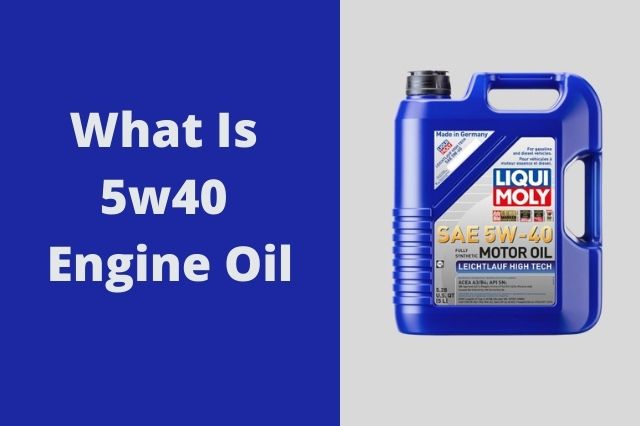
5w40 is a thin engine oil which has a lower viscosity of 5 and higher viscosity of 40. The word “w” here stands for winter. 5w40 oils have a winter viscosity of 5, which means that they are less viscous at extremely cold temperatures. The higher viscosity here is 40, which indicates that the oil is just viscous at higher temperatures.
5w40 oils have operating viscosity of12.5 to 16.3 mm2/s. This is a crude oil that can be used for vehicles run by leaded and unleaded gasoline. 5w40 oils are used mainly by Europeans having gas-powered as well as by Americans who have diesel pickup trucks.
Use And Application of 5w40 Motor Oil
Being thick and having much better heat resistance characteristics compared to ordinary motor or engine oils, 5w40 are considered to be a great option for supporting high mileage engines. 5w40 oils are perfect engine oils to support vehicles that need to run in a cold climate. Modern engine parts require timely lubrication which this oil can assure, and so a number of top manufacturers agree on the fact that this oil can be a great pick for modern engines.
5w40 oils are thicker under heat compared to average oil. This is why most of the mechanics, as well as drivers, prefer them to go with high mileage engines. 5w40 oils lubricate moving parts better inside motors that have worn down because of age or strain. 5w40 oil can be highly suitable for climates that experience winters of 5 degrees Celsius or 41 degrees Fahrenheit. Though the oil is good enough for cold engine start-ups, they are not the perfect option for places with freezing temperatures.
What Is 10w40 Engine Oil?
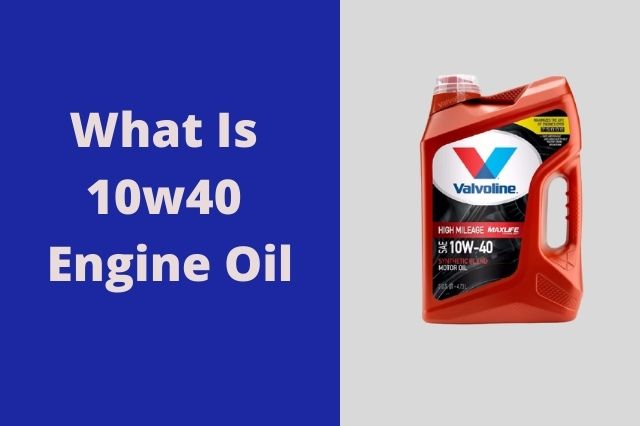
10w40 oils are a bit thicker than engine oils compared to 5w40 oils, with a lower viscosity of 10 and higher viscosity of 40. Though it is thicker when compared to 5w40, it is still considered a thin oil. 10w40 oils work as a great solution for lubricating the moving parts of the engine while startup. When exposed to the calefaction of a dunning engine, 10w40 oils become a bit thicker than the average condition.
Use And Application of 10w40 Motor Oil
10w40 engine oils are perfect for older vehicles. Old engines demand robust lubrication which this oil can ensure. However, 10w40 oils do not show much satisfactory performance in freezing temperatures. This is why it is considered suitable for hot climates, and for vehicles that commute a long distance on a frequent basis.
10W40 oils are generally preferred by drivers for cars having higher mileage. As the oil seems to be thicker after engine calefaction, it helps to lubricate the older moving parts. The oil is perfect for vehicles that run in a winter climate experiencing a temperature of 10 degrees Celsius. Compared to 5w40 engine oils, 10w40 oils are less reliable for start-up in cold and freezing climates.
5w40 vs 10w40 Engine Oil: Which One Is Best for Your Vehicle?
There are a number of differences between 5w40 and 10w40 oils, which can be discussed on the parameters of basic characteristics, operating temperature, effectiveness and applications. By measuring these differences, you can find out the best vehicle for your car.
The main differences have been illustrated below with the help of a table:
| Parameters | 5w40 | 10w40 |
| Basic Characteristics | Being a thin and lightweight engine oil with low viscosity, 5w40 can effortlessly flow between the engine parts. | 10W-40 oil is thick and has high viscosity. It provides a more robust protection to the parts of an engine. |
| Operating Temperature | Being thin and lightweight, 5w40 is perfect for cold areas with working temperatures ranging from -25 to 35 degrees. | Not perfectly suitable for cold regions. Effective for operating temperatures ranging from -20 to 40 degrees. |
| Effectiveness | Being lightweight, 5w40 has good flowability. Thus, these oils show fast and effective kick-start performance. | The oil offers effective protection and lubrication but is slow to react. |
| Application | 5w40 is an ideal oil both for summer and winter. | Effective for the summer but not well-performing in extreme weather conditions. |
FAQ
Is 5w30 better than 5w40?
Yes, 5w30 is a better option as it is suitable for vehicles of different types and is appropriate to use in different temperatures. Especially, it shows excellent performance in colder temperatures. 5w40 also shows good performance in low temperatures but they are more suitable for high mileage engines and warmer temperatures.
Is 10w40 thicker than 5w40
At room temperature, both 5w40 and 10w40 oils show the same thickness. However, in a cold or freezing temperature, 10W40 engine oil is thicker than 5w40 oil.
what cars use 10w40 oil
10w40 oils are best for cars with old engines, and for the ones that do not need to run in extreme weather. Commonly, drivers prefer 10w40 oils for cars that need a high mileage.
Can I use 5w40 instead of 15w40?
In most cases, it would be okay to use a 5w40 oil instead of a 15w40 oil. The 5w40 oils will indeed show a better performance in the colder temperatures.
Can I use 10w40 instead of 5w40?
5w40 offers better start-up protection and the smallest bit of fuel economy for the initial 5-10 minutes of the journey. After that, it is pretty much the same as 10w40.
However, 5w40 engine oils have better flowability in cold temperatures compared to 10w40 oils, as they are thin and lightweight. If you use a 10w40 oil instead of a 5w40 oil in cold temperatures, the molecules of the 10w40 oils might be too big for entering into the metal parts of the engine. Thus, proper lubrication will be hampered and the vehicle will lead to damage.
Final Verdict
If you want to ensure appropriate cooling, filtration, lubrication and safety of the engine parts, you must ensure using the right engine oil. Only with appropriate motor oil, your vehicle will be able to show better performance and longevity.
We believe this article helped you with a lot of information that will be helpful for you in choosing the right oil for your car. We hope that you make the right decision and that your car gets rewarded with the best engine protection!

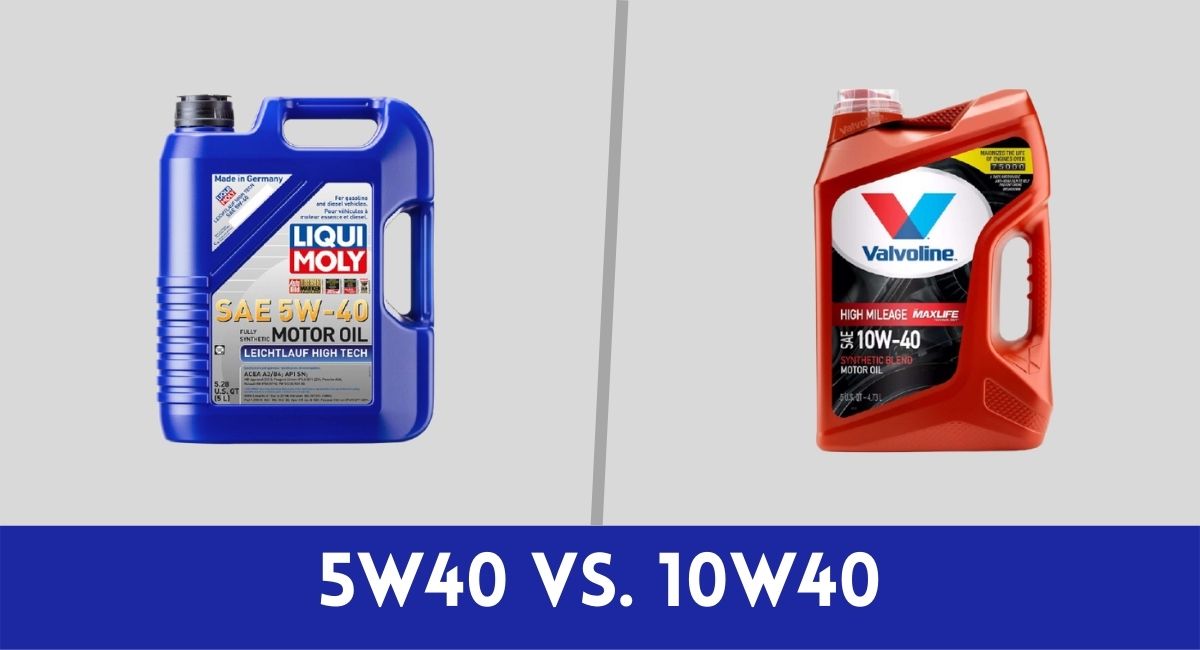
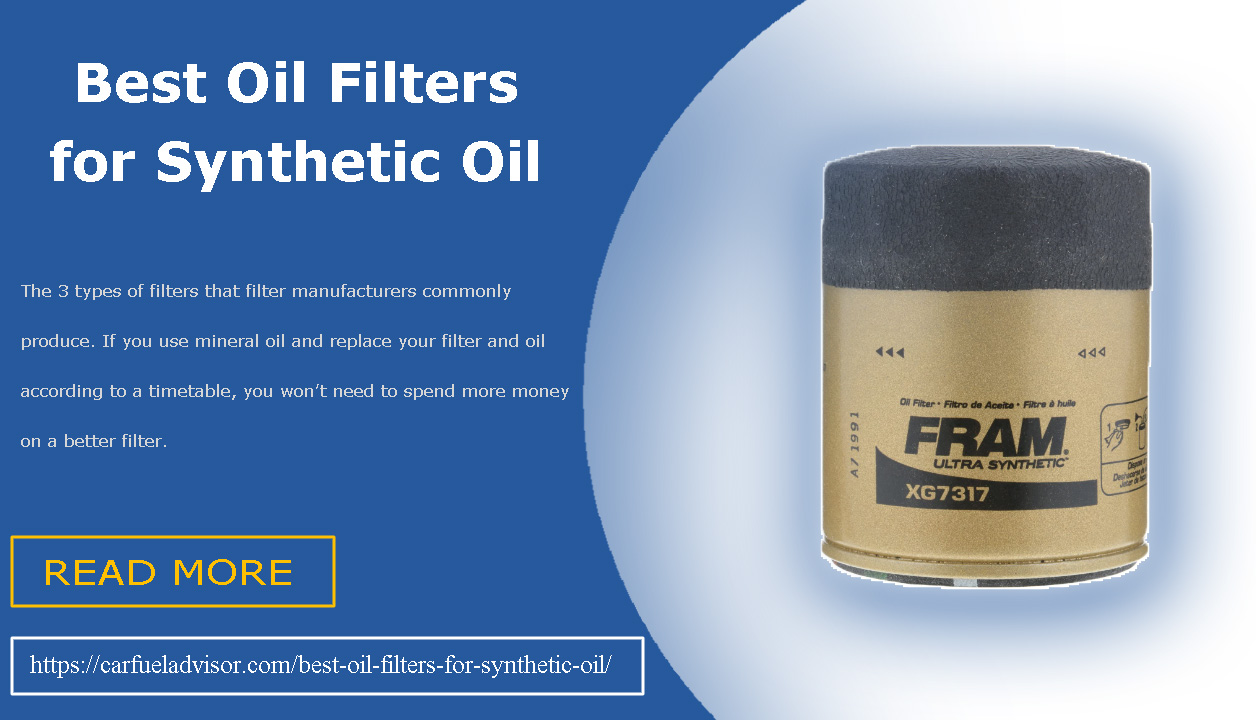
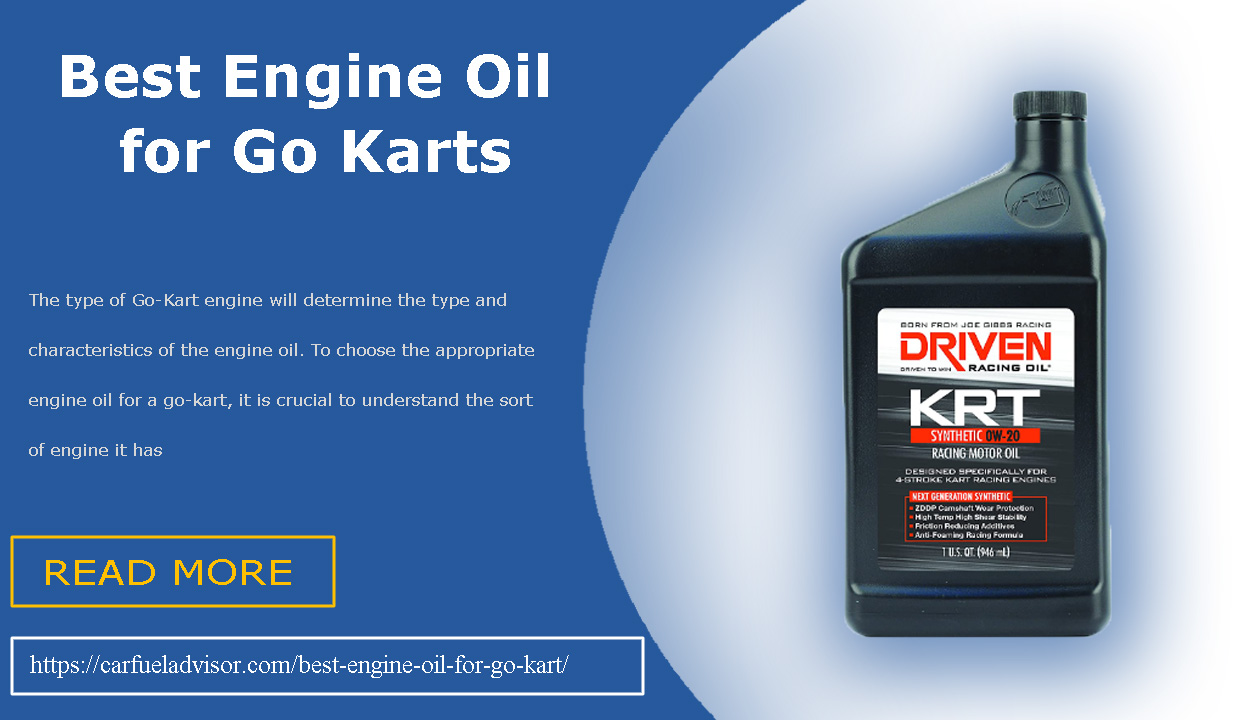
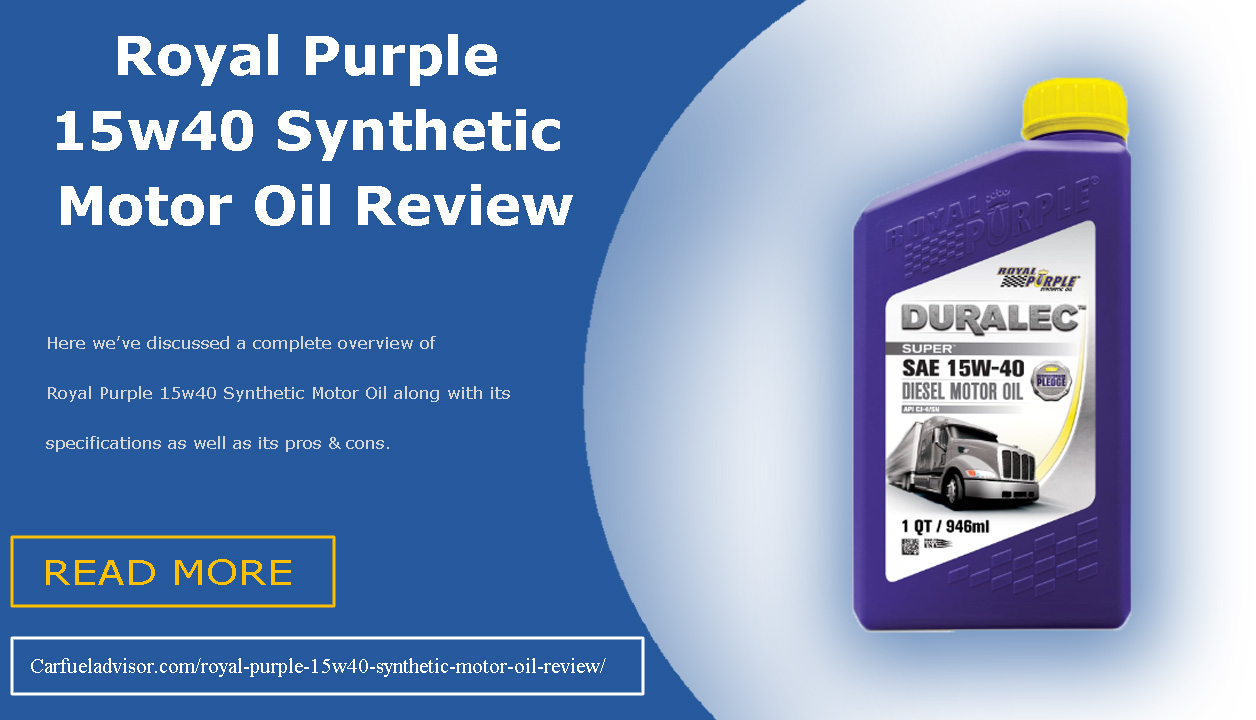
Very useful guide for my car. Even though 5w40 is thinner than 10w40 and 5w40 is better for the cold area, I sometimes use 10w40 in the winter season. It works great for me 🙂